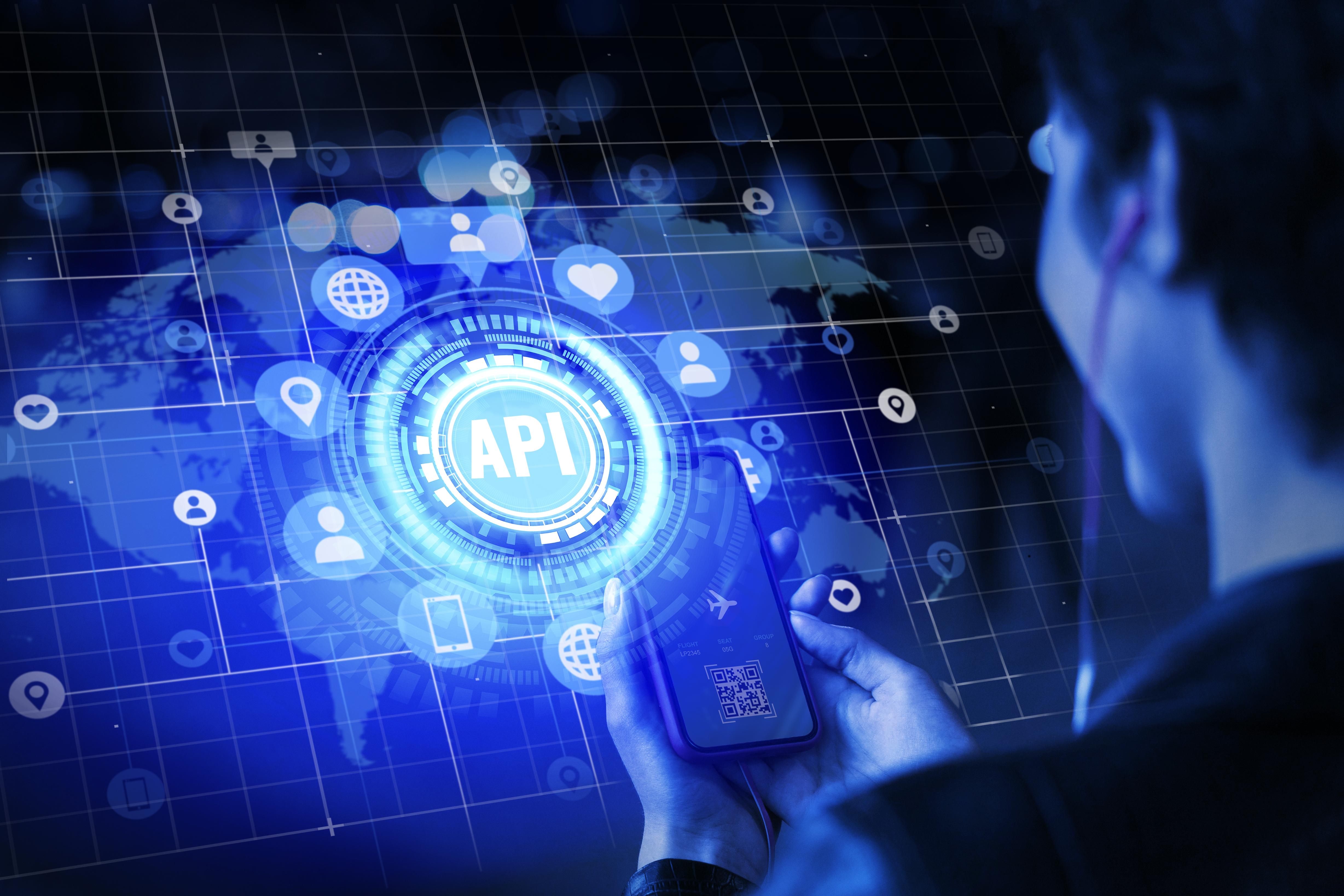 CLOUD
CLOUD
 CLOUD
CLOUD
 CLOUD
CLOUD
Google LLC is expanding its Apigee API management platform with a new integration that allows companies to connect their existing data and applications and surface them as application programming interfaces that can be accessed more easily to power new experiences.
The new integration, generally available starting Oct. 6, comes alongside some key updates to Apigee itself, which gains more software development lifecycle tools, conversational artificial intelligence capabilities and support for GraphQL.
Apigee is Google Cloud’s full lifecycle API management platform that provides more visibility and control into APIs that are used to connect applications and data. APIs are the preferred method of exposing data and services when building microservices-based apps in software containers that can be extended across different computing environments. They’re used to connect different services, making it possible, for example, to book a flight using an app and have that reservation appear automatically in Google Calendar.
Amit Zavery, vice president and general manager of business application platforms at Google Cloud, told SiliconANGLE in an interview the company is pursuing an “API-first” approach to digital transformation that aims to make it easier for enterprises to connect the various applications they run.
“Digital transformation has been going through the roof the last few months,” Zavery said, noting that the Apigee API layer has enabled much of this, performing more than 3.5 trillion API calls a year, up 50% from the year before. Customers also using Apigee for core back-end integration, he said.
“It’s becoming very complicated for customers, so Google is bringing connectors and integration into Apigee,” Zavery said. “Enterprises have had to do a lot of custom code or use third-party tools to do the integration, which makes things more complex.”
What’s needed, Zavery said, is a systemic approach to API management, rather than the ad-hoc way most enterprises do it now.
Google’s API management approach begins with the digital experiences that customers, frontline employees and partners need, and focuses on the ability to delivery customization of data and services so as to fulfill those needs. It’s an approach that positions APIs as end products that address a set of specific business requirements, which means API development must come first, before back-end data and infrastructure is configured.
The Google Apigee Integration provides enterprises with the tools and framework necessary to pursue a API-first approach. Zavery said it can be thought of as a unified solution for developers to connect their applications and build and manage APIs within the same interface. It comes with pre-built connectors to common business apps and services like Salesforce, Cloud SQL, MySQL, PostgreSQL, Cloud Pub/Sb and BigQuery, and provides advanced integration patterns that enable use cases such as “required looping, parallel execution, data mapping, conditional routing, manual approvals and event-based triggers.”
Zavery said Google will keep on adding more connectors to Apigee integration, as well as software development kits developers can use to build their own connectors to more obscure data sources.
“We’re taking that burden of integration away from developers,” Zavery said. “A lot of data is locked into existing systems and when you build a new app, you need access to it. Enterprises don’t want to redo their systems of record, but they want to provide access to users in new ways and that’s what we’re doing.”
Zavery said easier data integration will lead to expanded application use cases in areas such as mortgage financing. The mortgage lending process is currently extremely fragmented with paper-based forms and credit checks and so on that involves many systems. By integrating the data within those systems, underwriters will be able to access information about the borrowers and their credit risk more easily, speeding up the approval process, he said.
Other industries that might benefit from smoother data integration include healthcare and retail.
“Enterprises have a lot more systems they need to integrate,” Zavery said. “And now, with digital transformation, they want to do this in a year instead of five or six years. If you don’t have a proper framework, it’s a lot more time-consuming and expensive.”
The new Apigee Integration will be made generally available to Apigee customers starting Oct. 6, Zavery said.
As for Apigee itself, the service is becoming more useful with new software development lifecycle tools such as an extension to the Google Cloud Code Plugin for VS code, integration with GIT-based repos and a new command line interface for archive bundling and deployment. These will provide developers with the flexibility to create, modify, test and deploy Apigee APIs in production using existing tools and processes, Google said.
Meanwhile, Apigee now comes with out-of-the-box policies that will enable developers to integrate conversational AI in the shape of Google DialogFlow within their applications.
Finally, Apigee adds support for GraphQL APIs. GraphQL is an open-source data query and manipulation language for APIs that also serves as a runtime for fulfilling queries with existing data. By adding support, GraphQL APIs can now also benefit from Apigee’s management capabilities, Google said.
Constellation Research Inc. analyst Holger Mueller said enterprises will have high hopes that the updates will finally help Apigee live up to its potential.
“The promise of the API economy has not yet been fulfilled, so it’s good to see Google doubling down on API architectures and platforms with Apigee,” Mueller said. “It’s an interesting approach with more pre-built and out-of-the-box connectors, but it remains to be seen if it will unleash the next-generation applications the digital economy so badly needs.”
With reporting from Robert Hof
THANK YOU